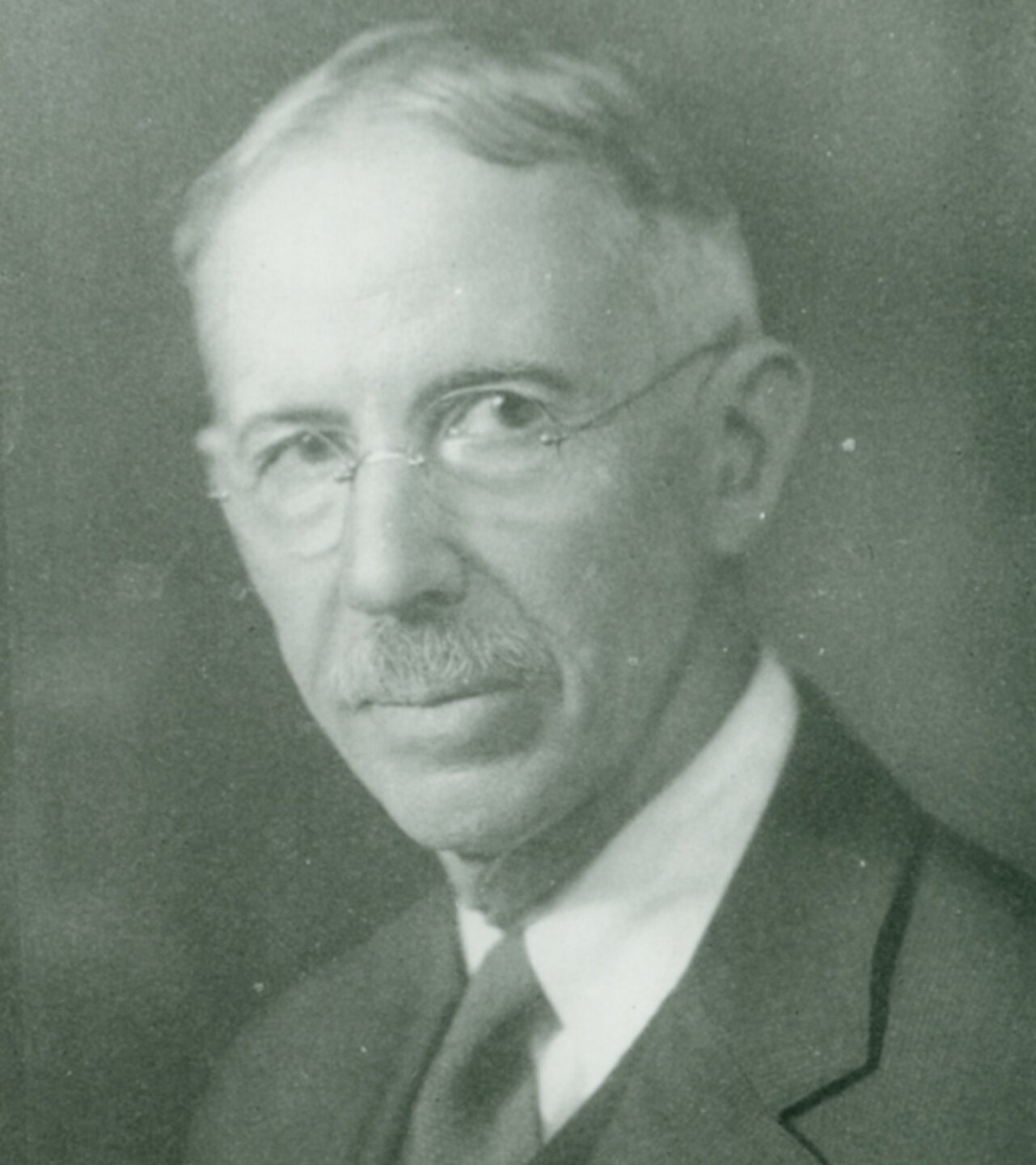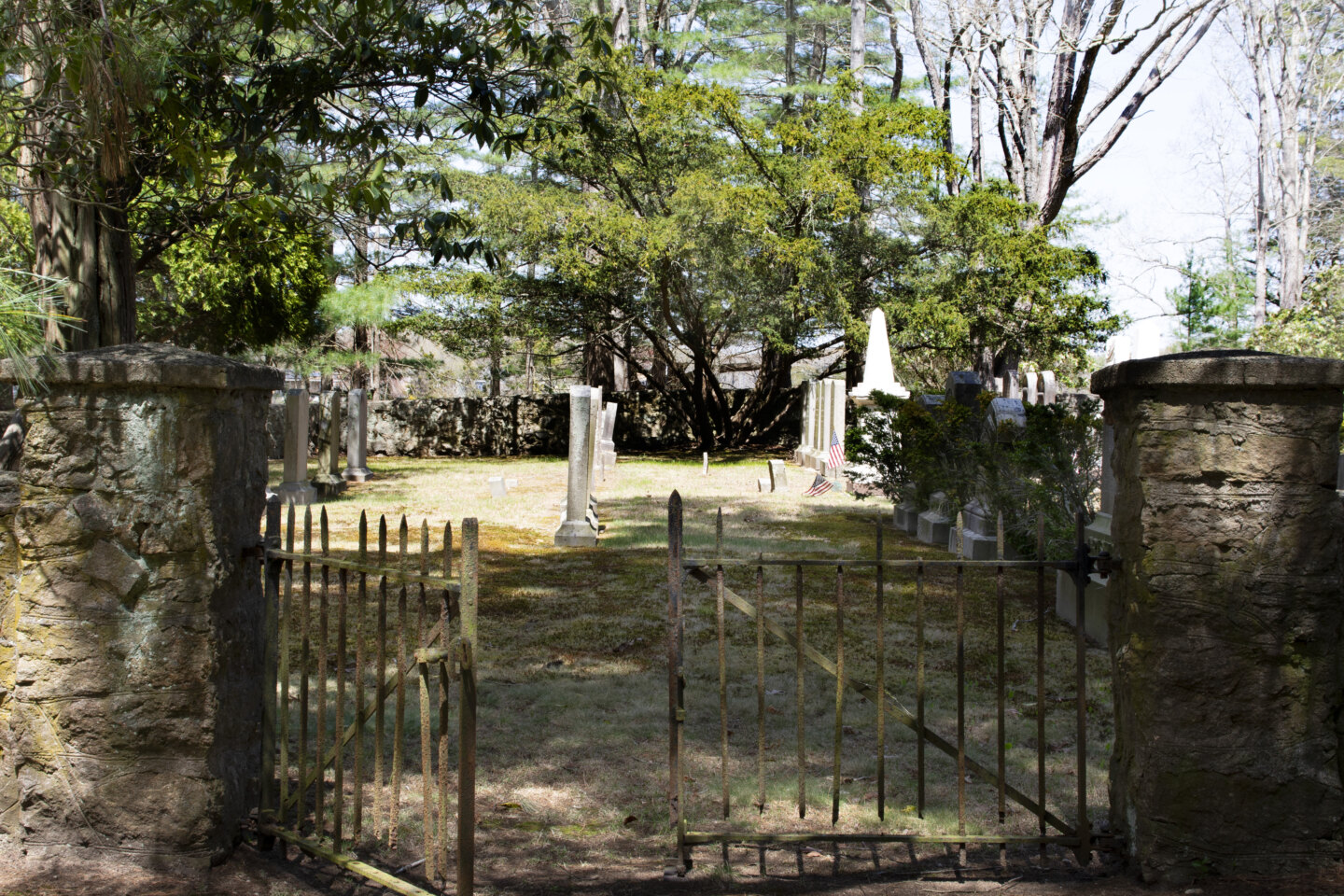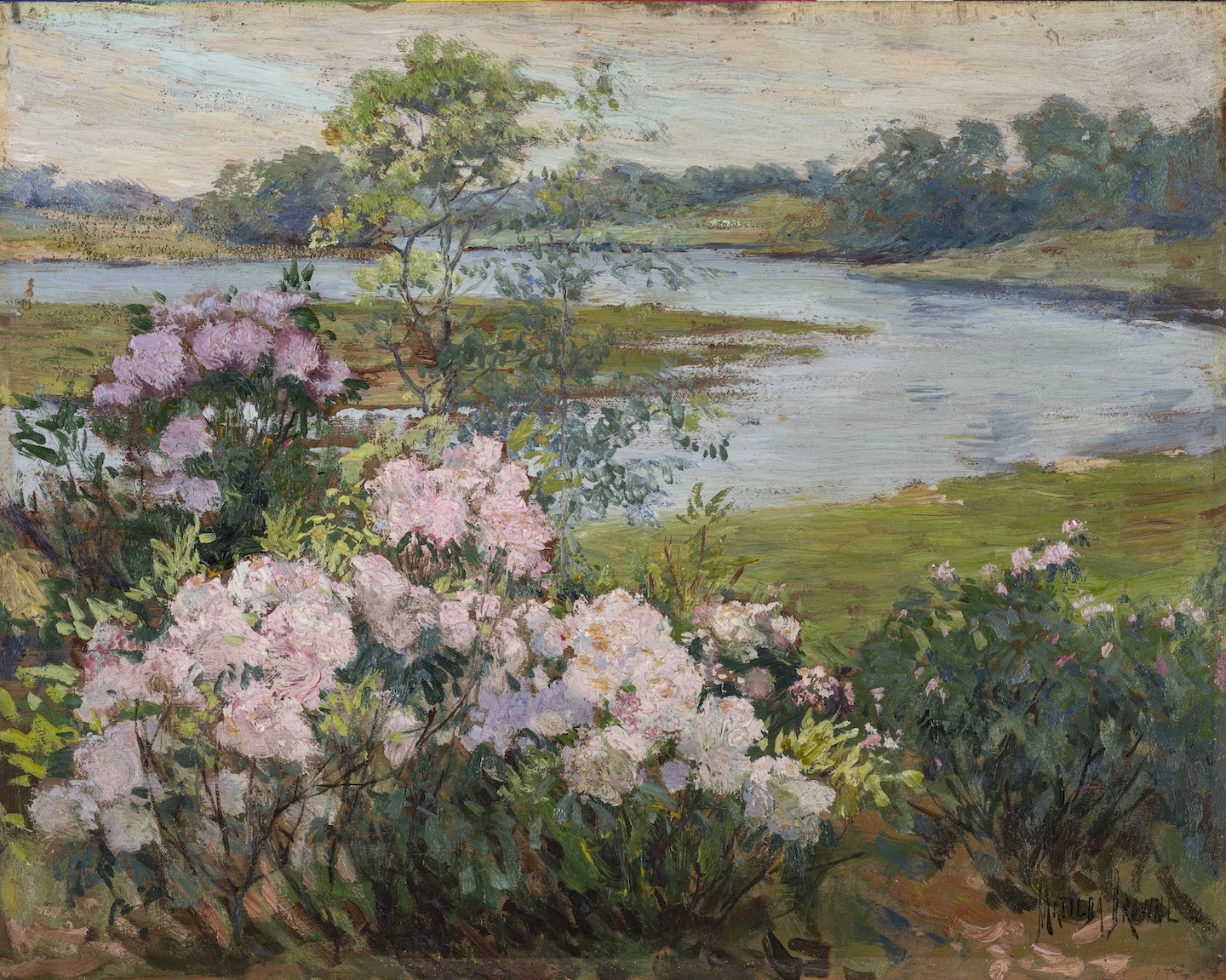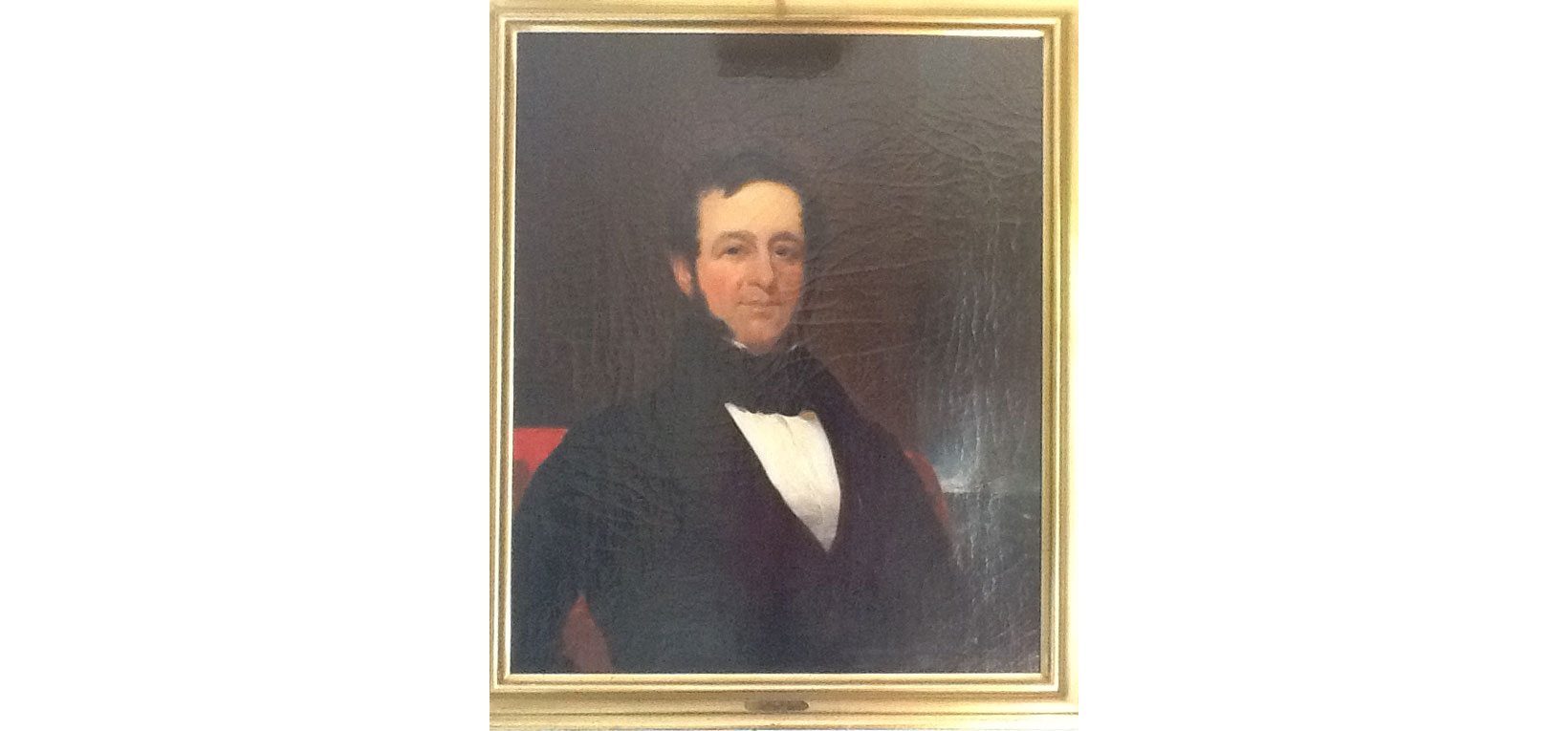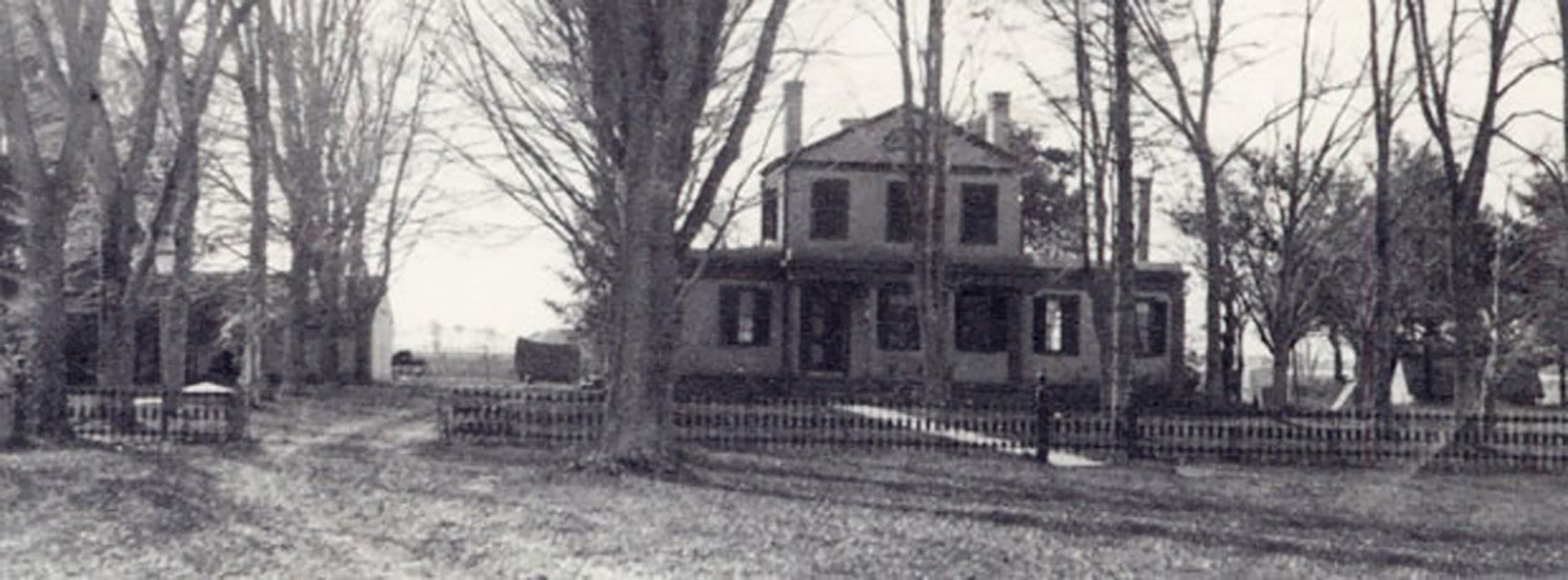
by Carolyn Wakeman
Featured Image: In 1840 Stephen J. Lord added side ells to his home across the green from Lyme’s meetinghouse (Lyme Historical Society Archives at the Florence Griswold Museum)
When I skimmed through the Oliver Lay papers in the archives last week, the case of Henry Freeman caught my eye. I was hoping to learn the location of Lyme’s justice court hearings. Because the town meeting book containing records from 1733 to 1876 is missing, civic affairs during those years are difficult to trace. The court case in which Mary Ann Matson, a single woman, complained before New London County Justice of the Peace Stephen J. Lord that Henry Freeman of Lyme had gotten her with child in 1844 mentions the almshouse. I wondered why Henry was ordered to appear there to answer the charges against him. Connecticut towns had a legal responsibility to provide for the subsistence of paupers, but whether Mary Ann or Henry received “poor relief” is not indicated. In some cases of bastardy, the town paid for a child’s support.
Mary Ann Matson, described as “having no guardian,” was likely a minor and signed her name with an X. She was “now of Lyme” but appears not to have been an immediate member of Deacon Nathaniel Matson’s family, which owned extensive acreage in the Laysville section of town. Her complaint in December 1845 alleged that Henry Freeman had begotten her bastard child in June 1844 and that the child was born in July 1845. Since then she had been “subjected to great expense for its maintenance,” and she “prayed” that Henry Freeman be “arrested and examined touching the charges herein, and be dealt with agreeably to the statute in such cases.” Connecticut’s Poor Law provided that any woman who had been delivered of a bastard could complain to a justice of the peace on oath against the man she charged with being the father. The justice would cause the man to be apprehended and brought before him and if he found probable cause order him to appear before the next county court, then commit him to jail if he failed to appear.
The arrest warrant made me think about the situation of “free blacks” in Lyme in the aftermath of local slavery. Henry Freeman, age 24, was the son of Negro slaves. He grew up in town, the second child of Sabina and Samuel Freeman who served in the household of Capt. Joseph Noyes on the town’s main street. A year before Henry’s birth in 1821, the heirs of Joseph Noyes emancipated his father. Judge Lord likely knew Henry and referred to him by his first name when urging him to appear in the almshouse and “make due return” about his “doings.” Research in New London County Court records might reveal the outcome of the case and whether the dubious dates Mary Ann provided for her pregnancy raised doubts about her claim that Henry had “begotten said child of her body.”
Slavery was finally abolished in Connecticut in 1848, three years after Henry was summoned to appear at the almshouse. Census counts show that Lyme’s slaves had all been freed by 1820, but a decade earlier in 1810 the census listed 9 slaves in Lyme and 108 recently freed blacks. Emancipated slaves and their children had few opportunities in town and little chance to integrate into the community. Church members voted in 1814 that pews in the meetinghouse would be assigned to white persons only. Freed slaves like Henry’s grandmother Nancy Freeman, baptized in 1817 and excommunicated in 1830 for repeated intoxication, sat in triangular boxes in the rear corners of the upper gallery. Church records do not indicate how long the so-called nigger pews remained in use in the elegant meetinghouse that Samuel Belcher designed in 1817, but they were removed when the interior was renovated in 1886.
Transcripts:
To Stephen J. Lord Esq of Lyme in the County of New London a Justice of the Peace for said County comes Mary Ann Matson, now of said Lyme (who prosecutes this suit by William D. Davison of said Lyme her nearest friend, she having no guardian) and complains and informs that on the 28thday of July 1845 she was delivered of a male child which is a bastard and begotten upon her body as she saith by Henry Freeman of said Lyme on or about the 1stday of June 1844, that when said child was begotten she was, and ever since has been a single woman, and she further saith that during her travel [sic] with said child, she was putto the discovery of the truth as to who was the father thereof, and she then accused the said Henry Freeman of having begotten said child of her body, on or about the said 1stday of June 1844 and she hath ever since continued constant and uniform in her accusations against the same Henry Freeman and that she hath at all times charged him with being the father of said child.
And the complainant saith her said child is now living and she is subjected to great expense for its maintenance and the complainant prays process against the said Henry Freeman, that he may be arrested and examined touching the charges herein, and be dealt with agreeably to the statute in such cases provided
Dated at Lyme
The 19thday of December 1845 Mary Ann X Matson
her mark
New London County Lyme December 19th1845
Personally appeared before me the aforesaid Mary Ann Matson and made oath to the truth of the foregoing complaint by her subscribed, and to the matters therein contained
Before me Stephen J. Lord
Justice of Peace
To the Sheriff of the County of New London, his deputy or either constable of the Town of Lyme within said County Greetings
By authority of the State of Connecticut you are hereby commanded without delay to arrest the body of Henry Freeman of said Lyme mentioned in the aforesaid complaint and him forthwith have to appear before the undersigned authority as Justice of the Peace for the said County of New London, at the Alms House in said Lyme in said County, that he may answer to the within complaint of Mary Ann Matson and be dealt with therein agreeable to the statute in such cases provided.
Henry fail not, but of this warrant with your doings thereon make due return
Dated at said Lyme day of December 1845
Stephen J. Lord
Justice of Peace
Wm D. Davison recognized
in the sum of twenty dollars
for prosecution in due form of law


